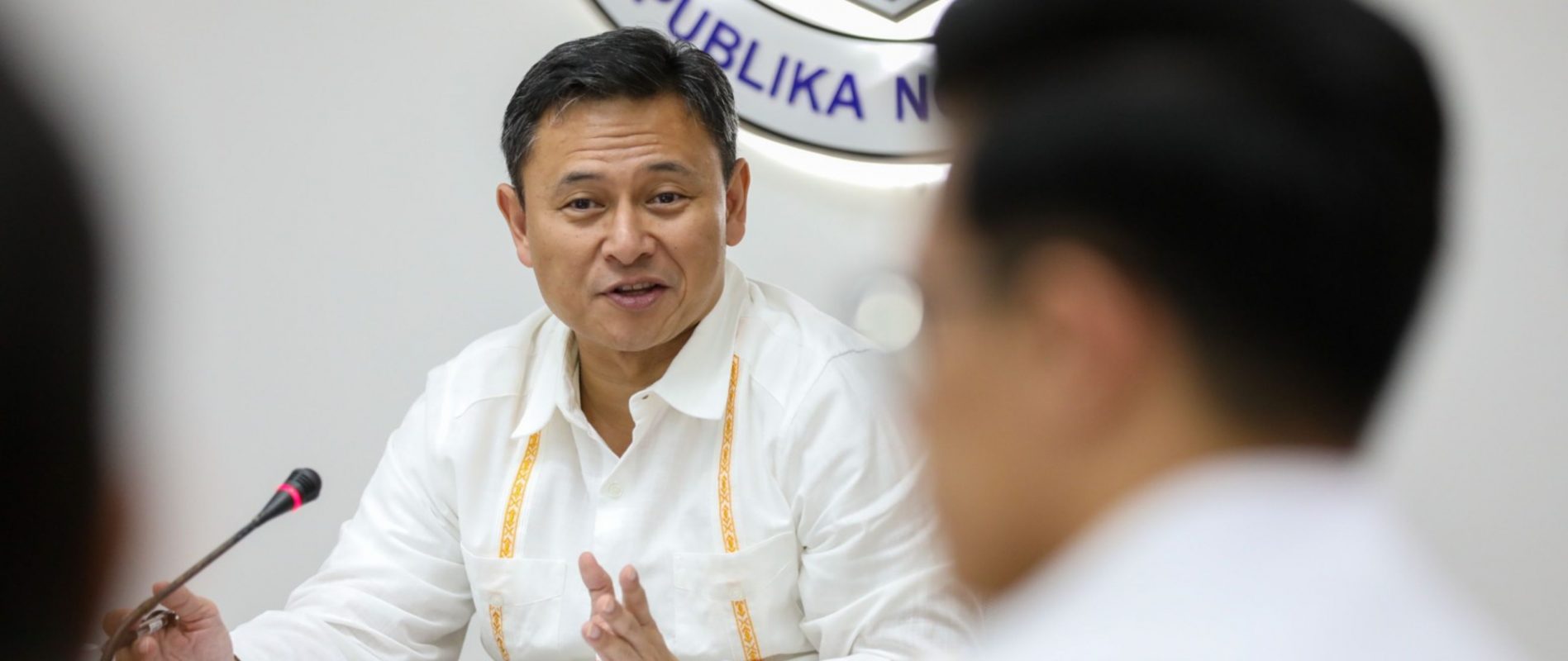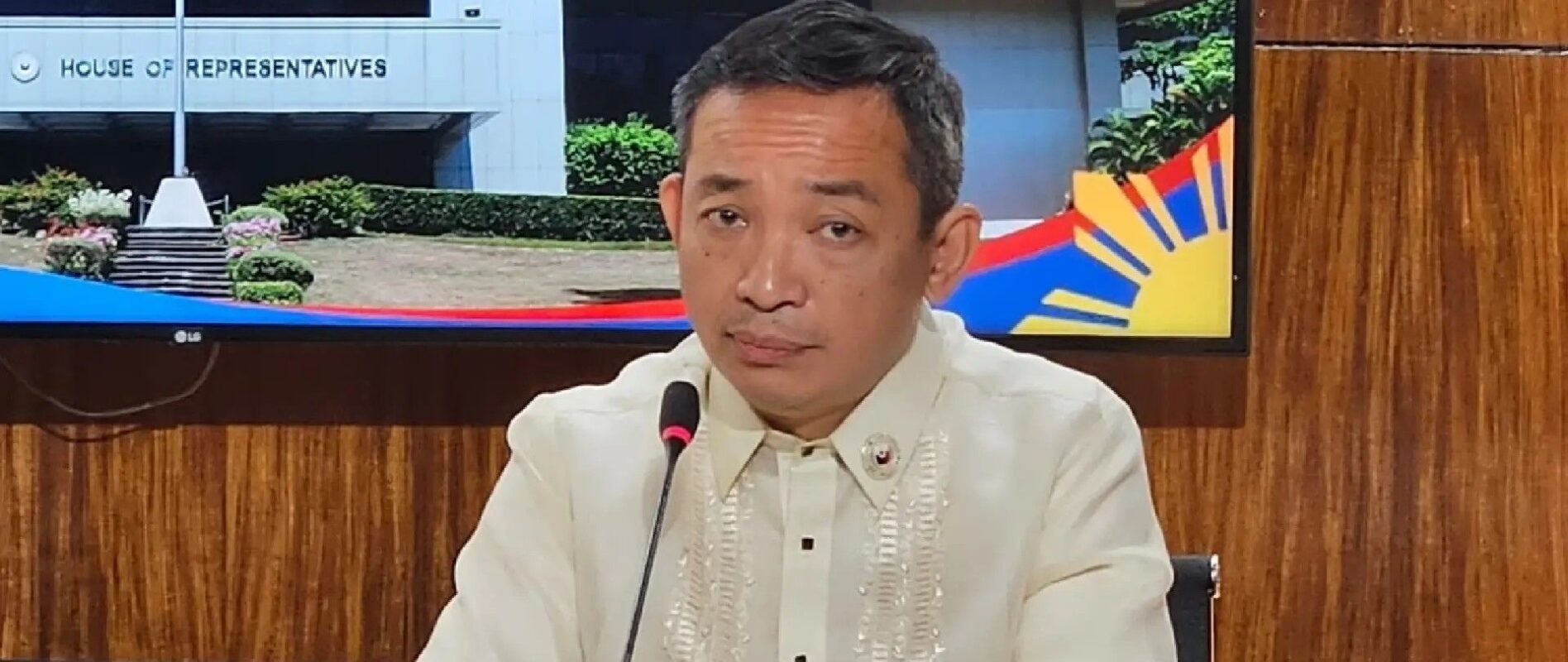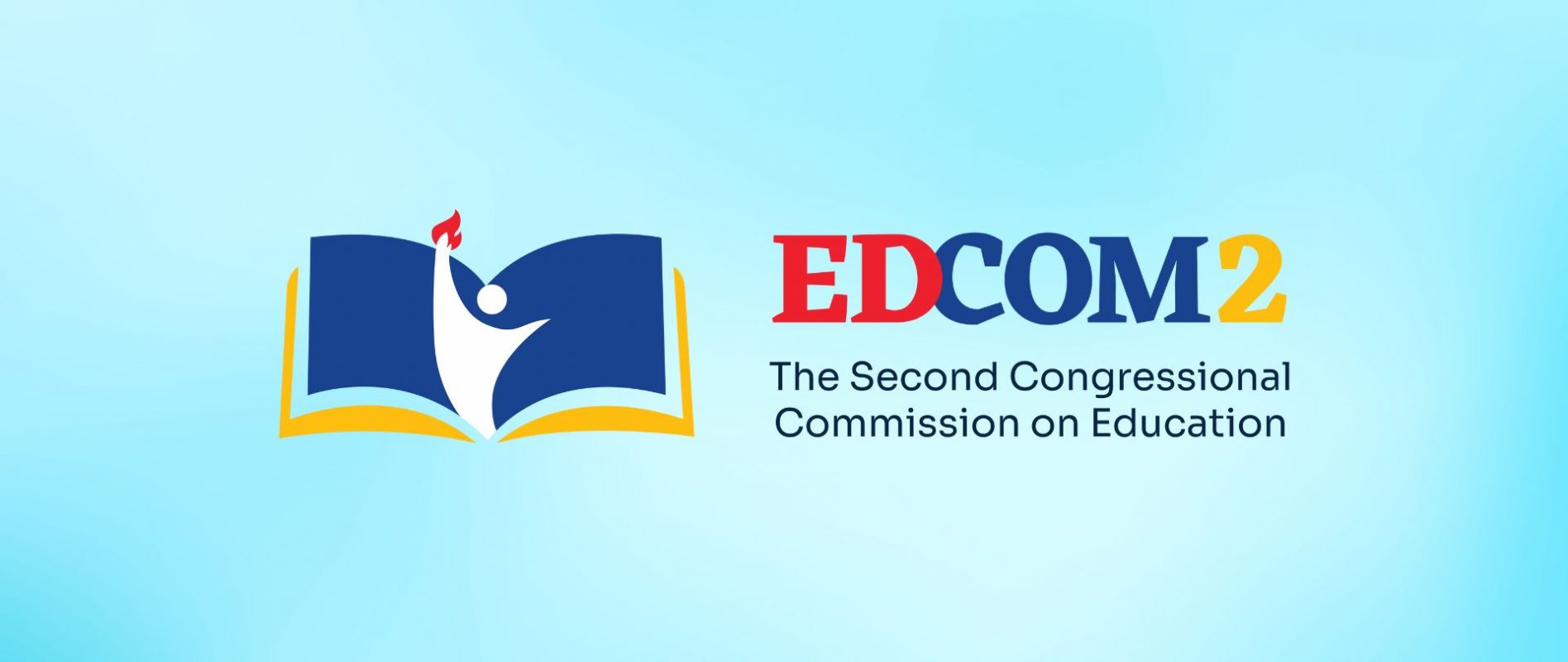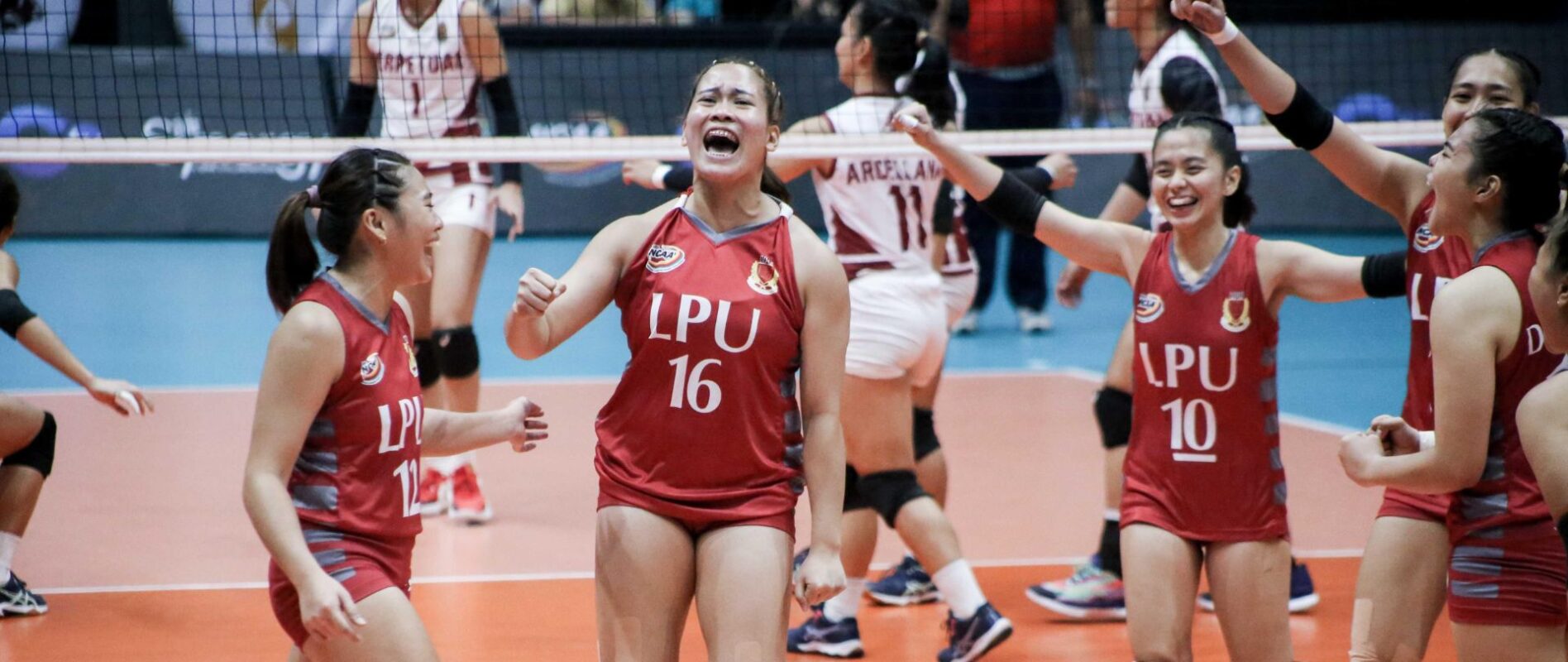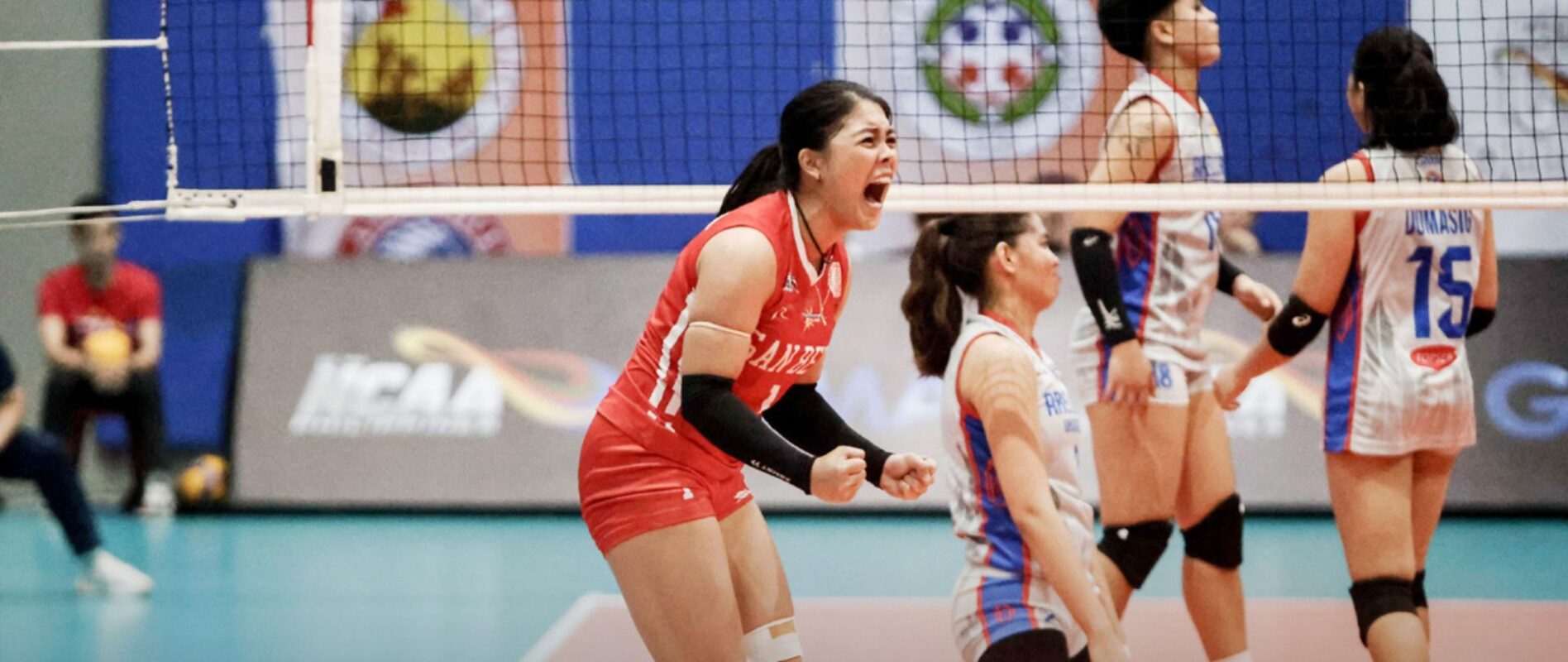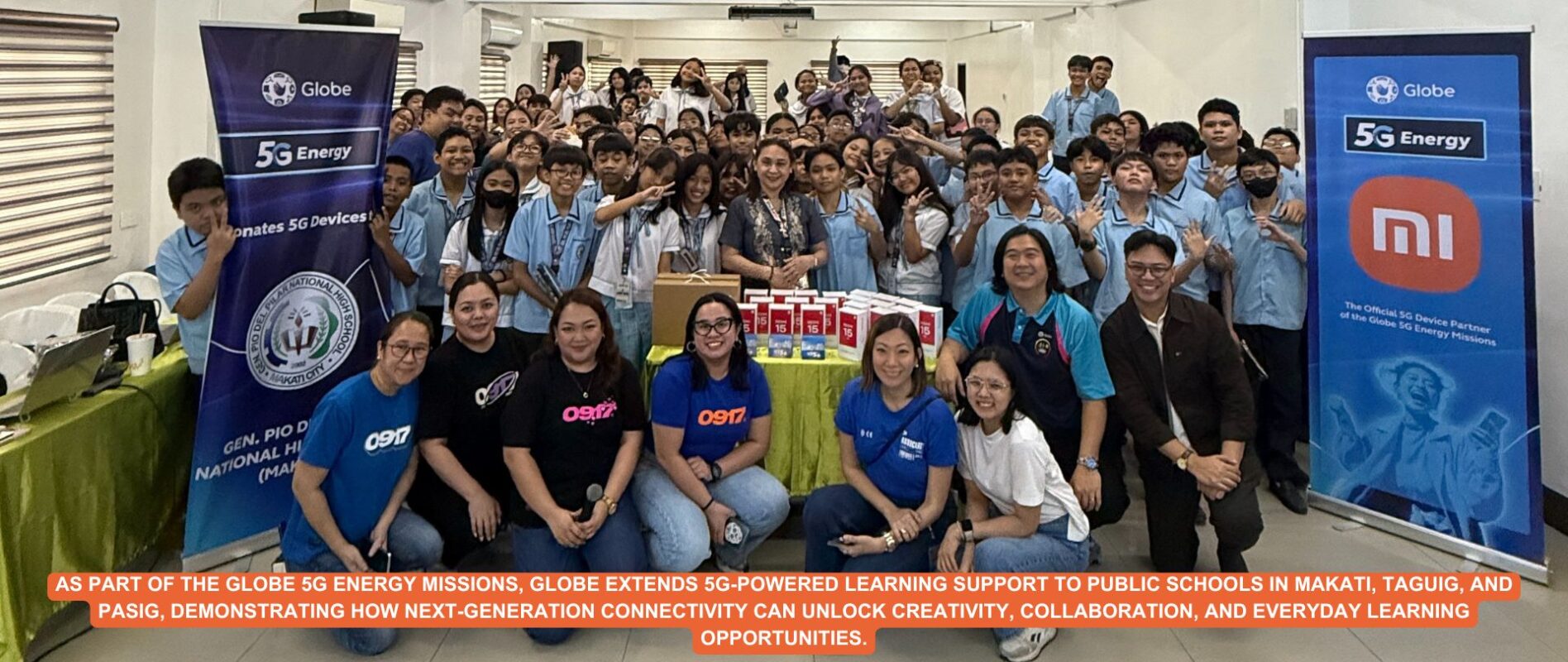SENATOR CALLS FOR MORATORIUM ON STUDENT LOAN PAYMENT
SENATOR Christopher ‘Bong’ Go has urged the government to act swiftly in easing the burden on students and families in disaster-affected areas, as the country grapples with the aftermath of six powerful typhoons in just one month.
In line with this, Go has co-authored and co-sponsored Senate Bill No. 1864, also known as the proposed Student Loan Payment Moratorium During Disasters and Emergencies Act, which is now awaiting the President’s approval.
“Hindi na biro ang hirap na dinaranas ng ating mga kababayan. Sunod-sunod na bagyo, baha, at kawalang katiyakan sa kinabukasan. Hindi natin hahayaang maging dagdag-pasanin pa ang student loans sa gitna ng ganitong kalamidad,” Go said.
This proposed law promises urgent financial relief by suspending student loan payments during and after disasters, offering students and families much-needed breathing room as they rebuild their lives.
“Ang tanong ng maraming kabataang mag-aaral: Dapa na kami sa delubyo, paano na ang student loan ko?” he asked.
“Kaya natin isinulong ang Student Loan Payment Moratorium Bill para bigyan ng palugit ang mga estudyanteng nahirapan magbayad dahil sa kalamidad,” he added.
Go emphasized that students who need loans to pursue their education show a strong desire to finish their studies and attain quality education. This determination, he believes, should be supported and not add to their burdens.
“Bigyan natin ng sapat na pagkakataon ang kabataan na makapagtapos ng pag-aaral dahil sila ang pag-asa at future leaders ng ating bayan. Hindi dapat maging hadlang ang kahirapan sa kanilang mga pangarap,” Go said.
If signed into law, Senate Bill No. 1864 will defer payments for students residing in areas declared under a State of Calamity or Emergency. It will apply to loans for Higher Education and Technical-Vocational Education and Training (TVET) programs, offering Filipino students much-needed relief to focus on their studies.
The measure is part of Go’s broader efforts to safeguard the right of every Filipino to quality education, which he views as critical to the nation’s recovery.
“Ang edukasyon, hindi lang para sa sarili. Ito ang susi para sa isang mas maliwanag na kinabukasan para sa pamilya at bayan. Kaya’t kapag may ganitong kalamidad, hindi na dapat tayo nag-aatubili na tulungan sila,” he said.



